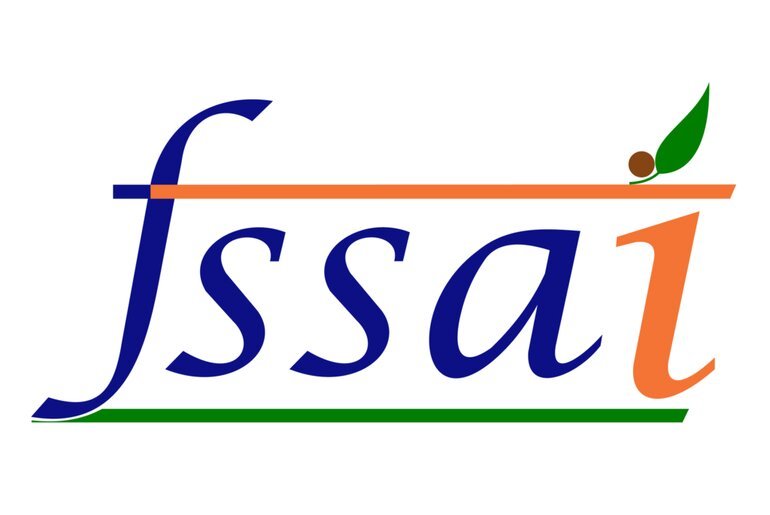Inside BENEO’s new pulse plant: pioneering sustainable protein from faba beans
Calcium carbide, often used to ripen fruits like mangoes, releases acetylene gas that contains harmful traces of arsenic and phosphorus
The Food Safety and Standards Authority of India (FSSAI) has issued a strong reminder to fruit traders, handlers, and Food Business Operators (FBOs) managing ripening chambers to strictly adhere to the ban on using calcium carbide for artificial fruit ripening. This notice is especially crucial during the mango season to protect public health and ensure compliance with the Food Safety and Standards (Prohibition and Restrictions on Sales) Regulations, 2011.
Calcium carbide, often used to ripen fruits like mangoes, releases acetylene gas that contains harmful traces of arsenic and phosphorus, also known as ‘Masala’. These substances pose significant health risks, including dizziness, frequent thirst, irritation, weakness, difficulty swallowing, vomiting, and skin ulcers. Additionally, acetylene gas is hazardous to handlers, potentially contaminating fruits with dangerous residues.
Due to these risks, the use of calcium carbide for ripening fruits is banned under Regulation 2.3.5 of the Food Safety and Standards Regulations, 2011, which states: “No person shall sell or offer or expose for sale or have in his premises for sale under any description, fruits which have been artificially ripened by use of acetylene gas, commonly known as carbide gas.”
In response to the continued use of this banned substance, FSSAI has approved the use of ethylene gas as a safer alternative for fruit ripening in India. Ethylene gas, a natural hormone in fruits, aids the ripening process by triggering and regulating chemical and biochemical activities. It can be used at concentrations up to 100 ppm (100 μl/L), depending on the crop, variety, and maturity.

